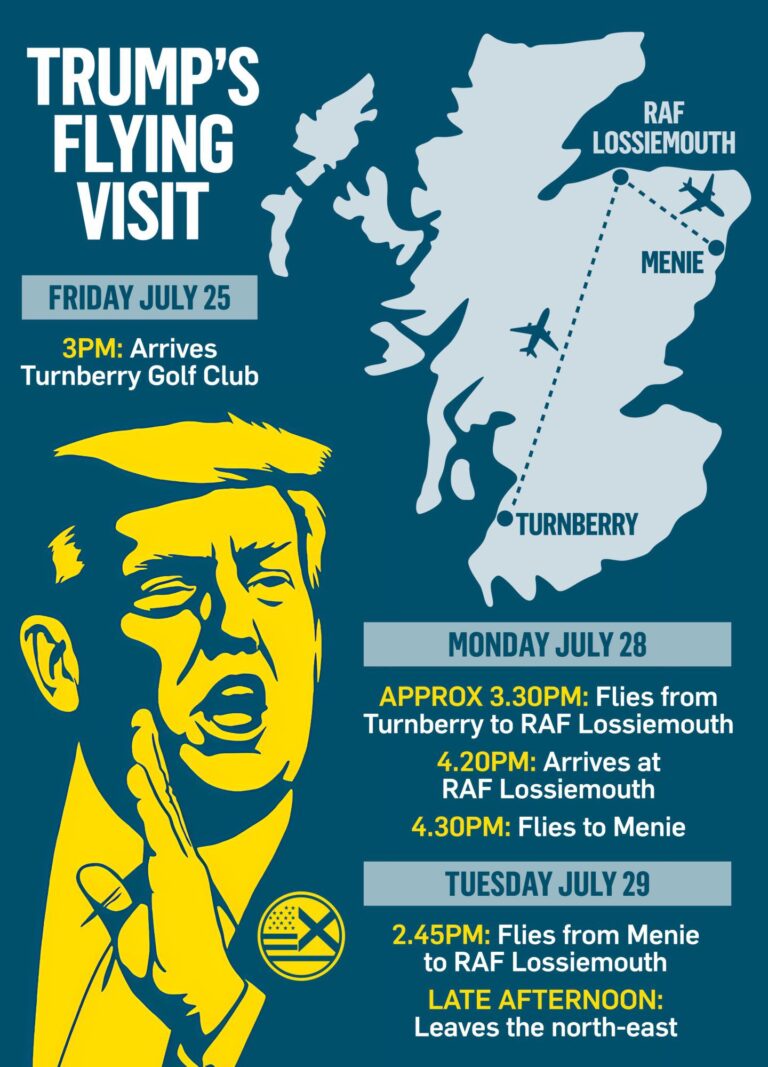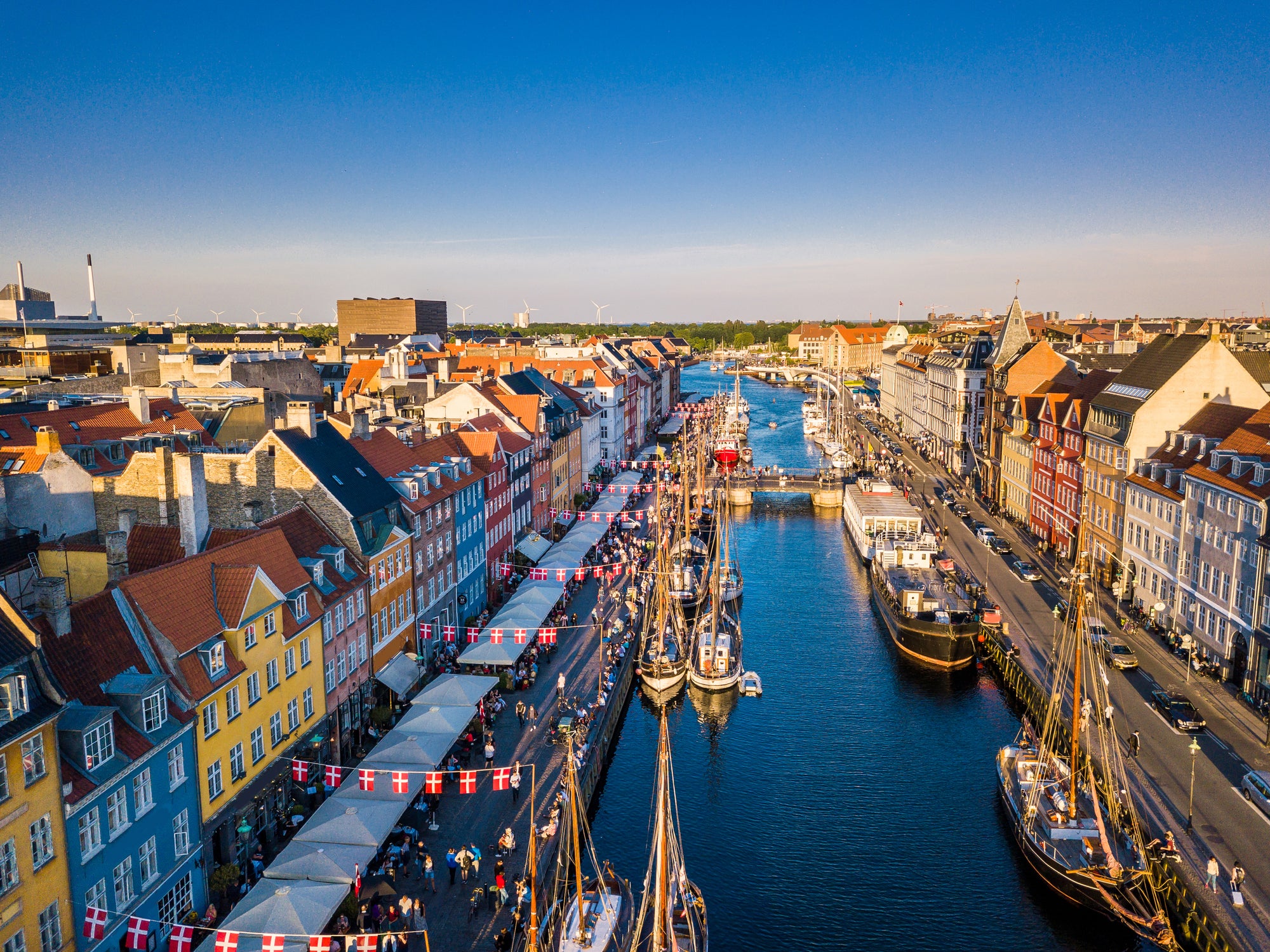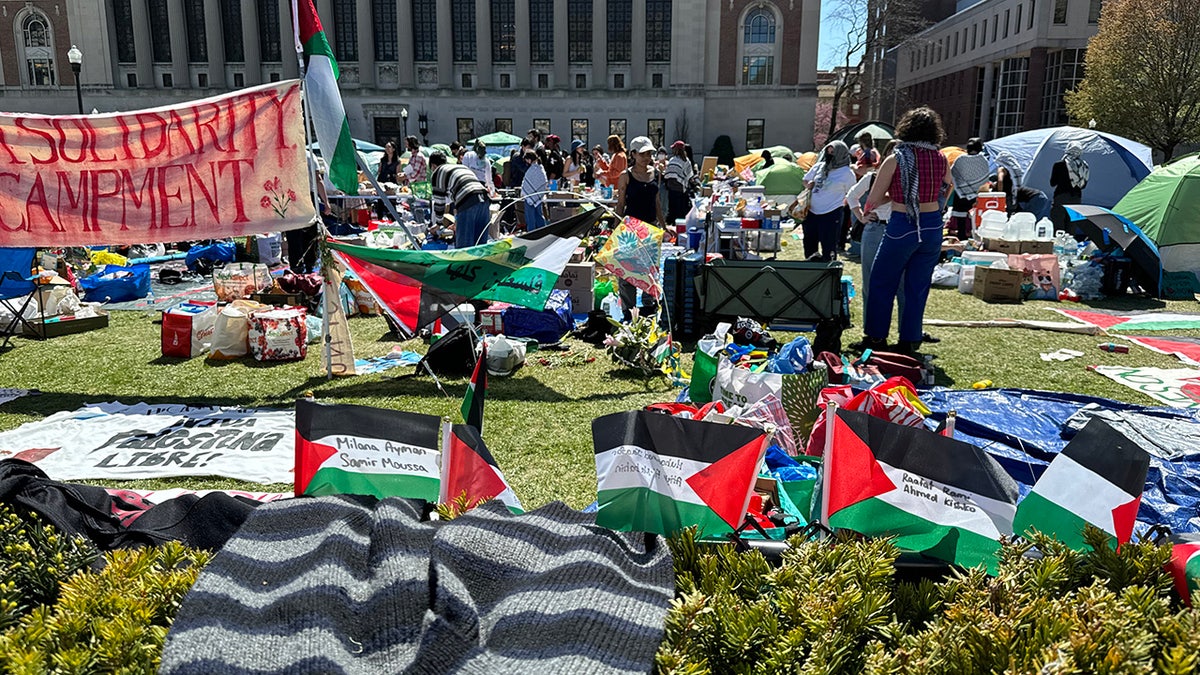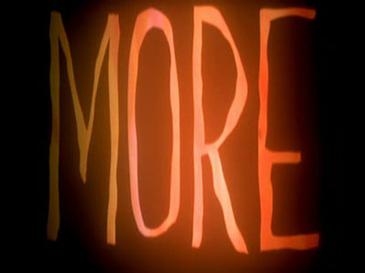Parallel rallies point to a legitimacy test Vucic cannot police away
Serbia spent the weekend split between rival rallies as backers of President Aleksandar Vucic faced off against sustained student-led protests. Police lines kept the camps apart and brief scuffles in Belgrade underlined a tense stalemate after months of demonstrations that question the government’s legitimacy, its handling of dissent, and its refusal to call an early parliamentary election.
What sparked the standoff
The movement ignited last November when a canopy collapse at a renovated Novi Sad train station killed 16 people, becoming a symbol of alleged corruption and negligence. Students demand accountability and an early vote. The government has dismissed the claims of systemic failure and cast protesters as tools of foreign interests without presenting evidence. A serious country answers tragedy with transparency and the rule of law, not deflection.
Power, protests, and the cost of a crackdown
Vucic has countered the street pressure by staging pro-government rallies and projecting strength, saying people want to live normally. Yet reports of heavy-handed policing and the dismissal of more than 100 university professors cut against that message. Using state muscle to silence dissent is not conservative governance. Limited government rests on free speech, independent institutions, and elections that reset political mandates when trust frays.
Security stakes for a pivotal Balkan state
Serbia straddles Europe’s fault lines, courting EU membership while maintaining close ties with Moscow. Prolonged street confrontation and institutional overreach invite instability and outside opportunism. Strong national security begins at home with lawful policing, credible investigations into public works failures, and constitutional remedies when a government’s mandate is in doubt.
What to watch next
Key indicators now are whether turnout remains broad and peaceful, whether police de-escalate, and whether authorities open transparent probes into procurement and construction failures tied to the Novi Sad collapse. If institutions cannot cool the temperature, an early election is the pressure valve that preserves both liberty and order. Serbia’s leaders should choose accountability over force while there is still time.





